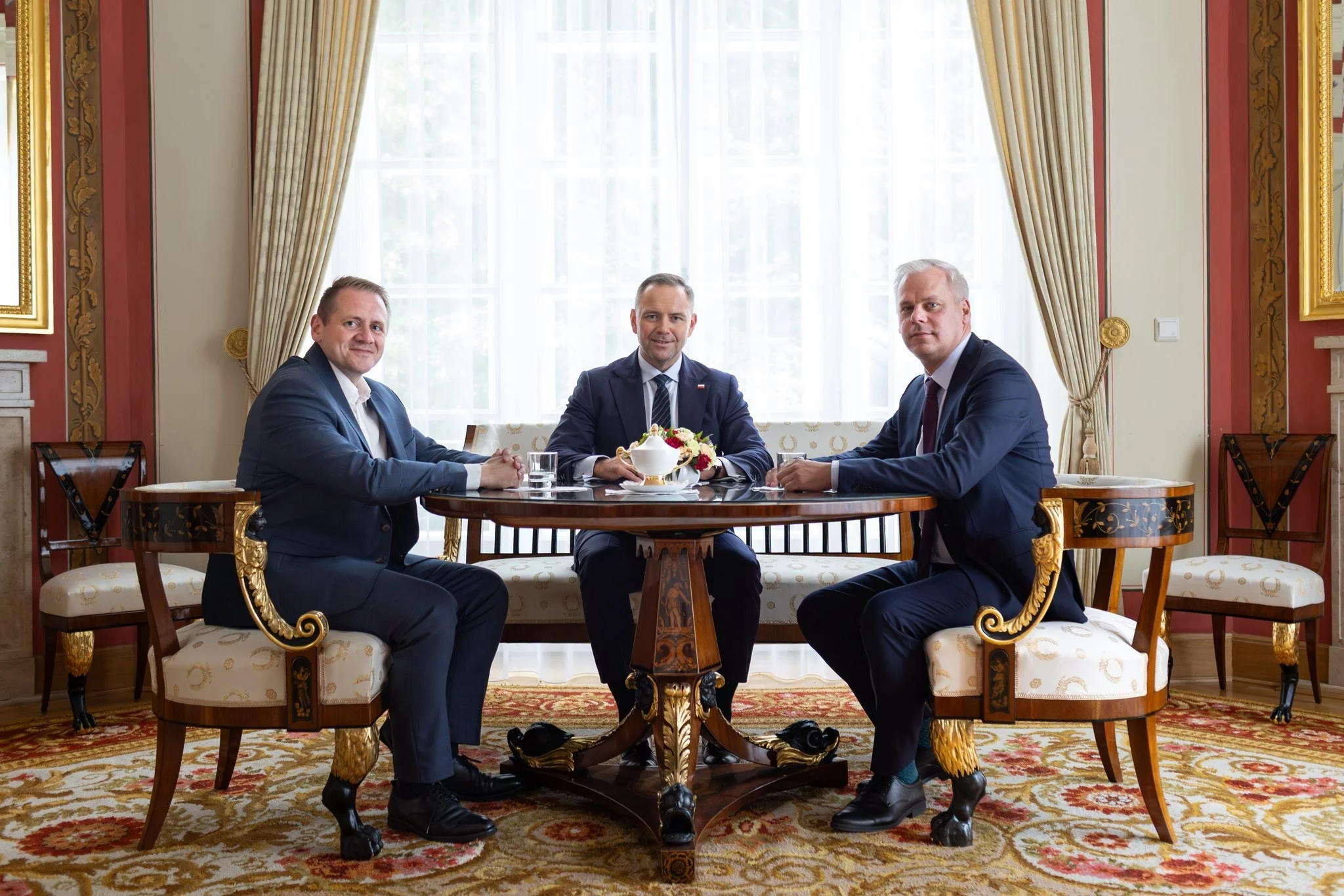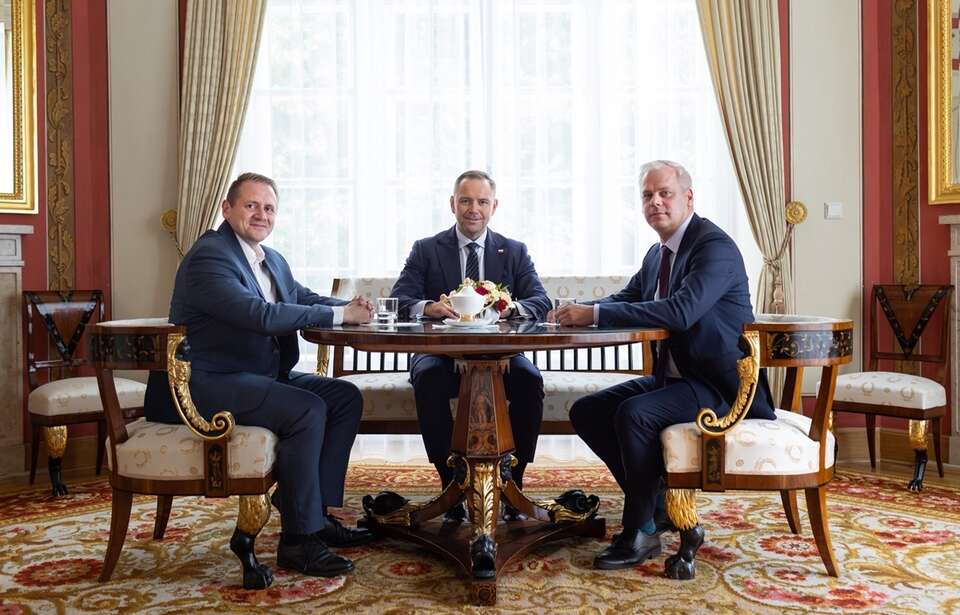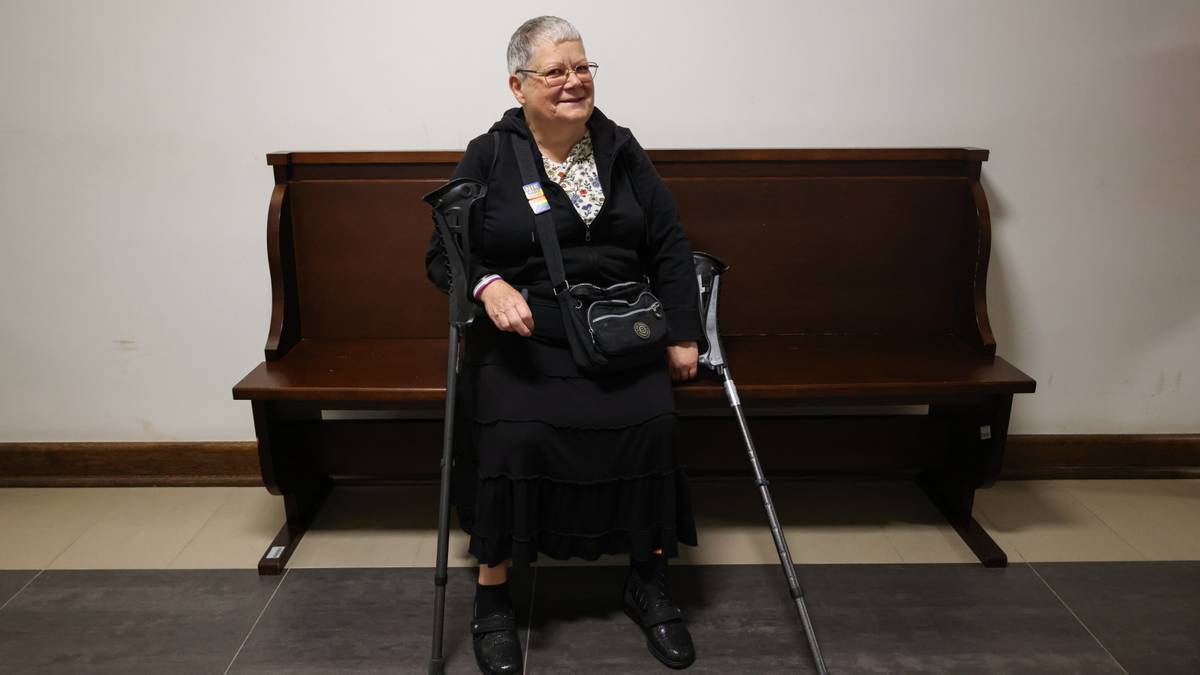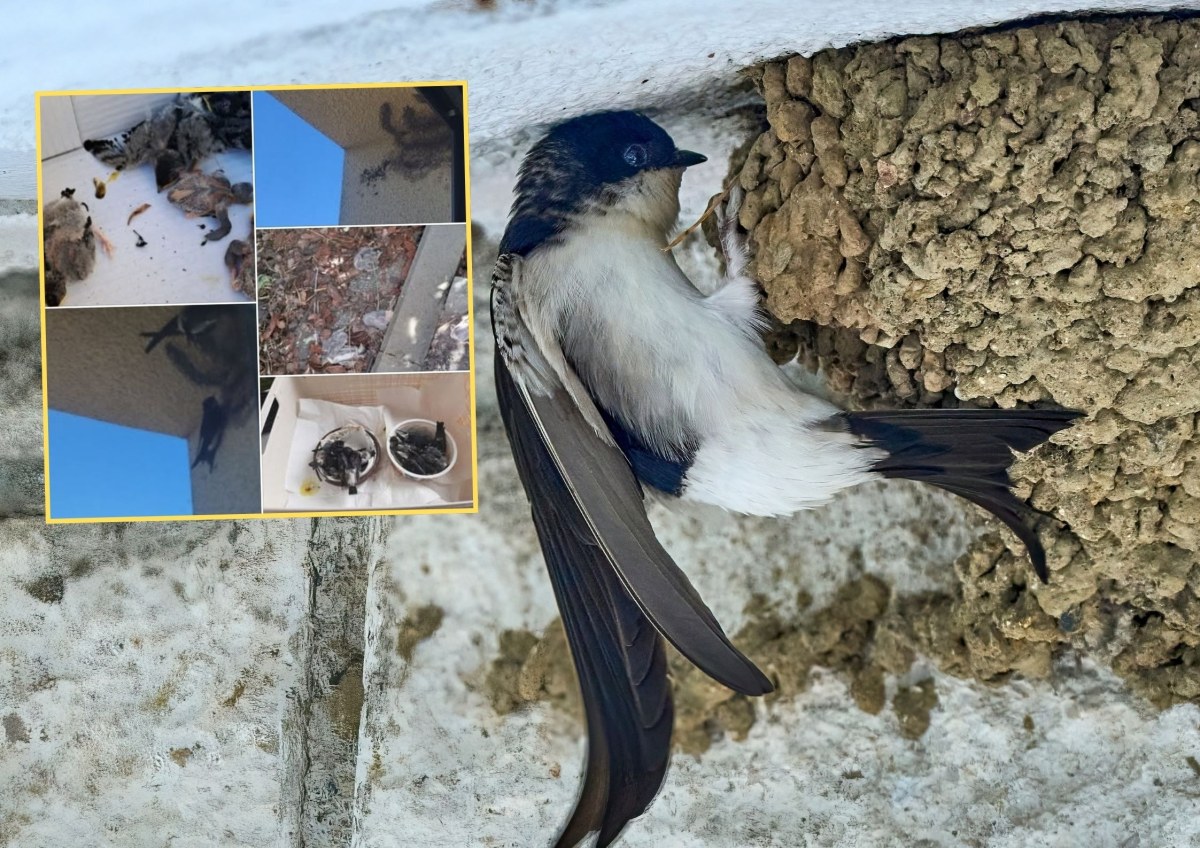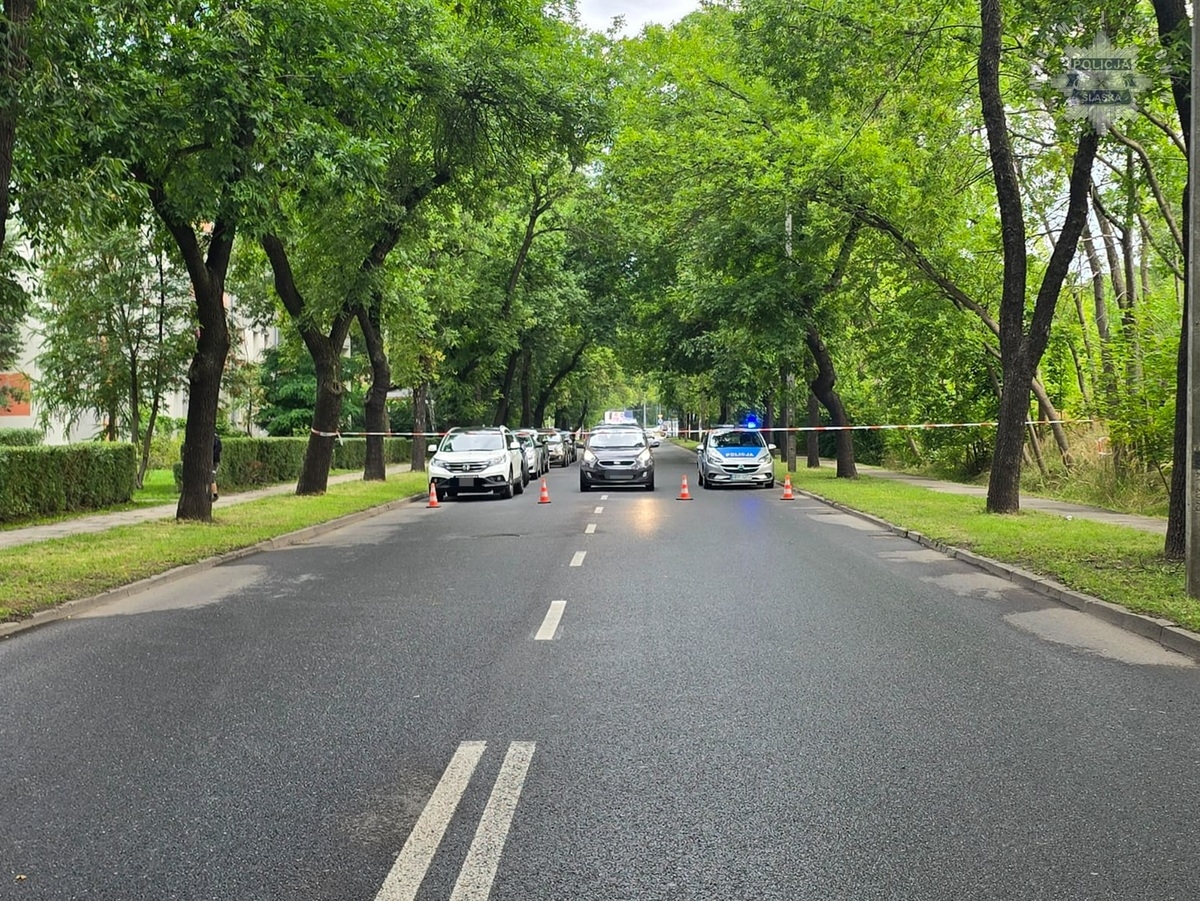Conservationists are calling for the urgent phaseout of great apes in zoos, arguing these intelligent animals experience chronic stress and serious health problems in captivity. Wildlife charity the Born Free Foundation is urging the public to boycott attractions that keep gorillas, chimpanzees, bonobos and orangutans.
More than 1,500 great apes are held in zoos across Europe, with over 300 found in 21 establishments across the UK, according to a report released on Thursday. The charity argues that zoos will never meet the complex physical, emotional and social needs of these highly intelligent creatures.
Health impacts in captivity
Great apes suffer from abnormal stereotypic behaviours, chronic stress, obesity, heart disease and poor mental health when kept in zoos, the report reveals. The animals also face dangers during breeding, including traumatic births, high rates of stillbirths, maternal rejection and instances of infanticide.
Zoo guidelines even recommend treating great apes with antidepressants to alleviate anxiety caused by living in artificial groupings and enclosures far removed from their natural habitats. Born Free criticised claims that keeping and breeding great apes in captivity supports conservation efforts.
Conservation concerns raised
The charity argues that zoo-bred species are genetically and behaviourally unsuitable for release into the wild and would pose serious risks to wild populations. The plea comes after the UK Government released revised standards of modern zoo practice, set to take effect in May 2027.
Born Free has questioned whether any zoo will be able to meet the new great ape welfare benchmarks if they are implemented effectively. The charity calls on governments, regulators, zoo associations and campaigners to work together to humanely phase out the practice worldwide.
Expert voices support change
Dame Virginia McKenna, Born Free's co-founder, said: "When I see a great ape looking at me from behind the bars or reinforced glass in a zoo, something in me falters. These intelligent, feeling beings do not belong in cages."
Will Travers, Born Free's co-founder and executive president, said wild great apes and their habitats are "crying out for help". He added: "Treating them as living commodities, to be stared at rather than admired and celebrated, shows us that, while humans may dominate this planet of the apes, we know the price of everything but the value of nothing."
Scientific evidence mounts
Broadcaster and naturalist Chris Packham called the report "a distressing catalogue of wrongs wrought upon our closest genetic kin". He said all the evidence to prove radical change is imperative is now available.
Ian Redmond, the world-renowned great ape expert, said having spent time with great apes in their natural habitat makes seeing their lives in captivity increasingly uncomfortable. He urged the zoo industry and Government to take note of changing public attitudes and heed the report's recommendations based on scientific evidence.
(PA) Note: This article has been edited with the help of Artificial Intelligence.

 18 godzin temu
18 godzin temu
